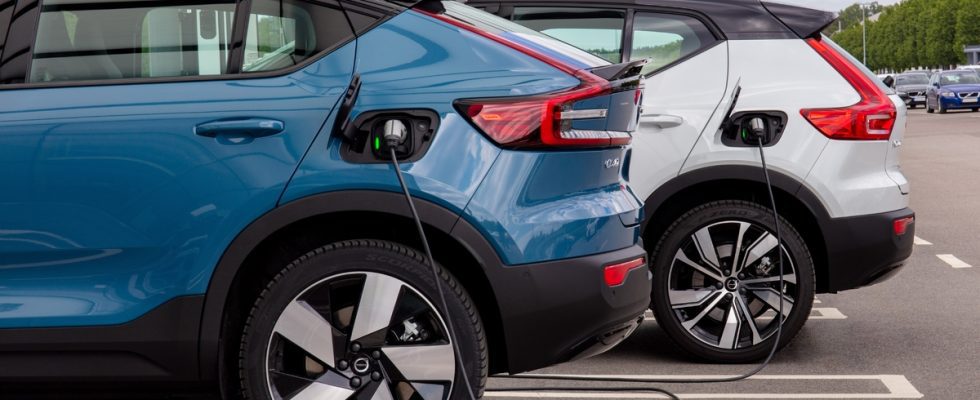The European Parliament has announced a provisional agreement reached with the Council which allows to update the rules relating to alternative fuels infrastructure within the European Union. It aims in particular to extend the deployment of charging stations throughout the territory, by imposing unprecedented proximity.
MEPs therefore propose that electric charging stations for cars with a power of at least 400 kW be deployed every 60 km along the trans-European transport network (TEN-T) by 2026, and that their power be increased to 600 kW by 2028. As a reminder, this network brings together the main roads and motorways in Europe. The agreement also provides for the obligation, by 2028, to have a charging station every 120 km for trucks and buses. They will have to offer a power of 1400 kW to 2800 kW depending on the route. This system also includes the mandatory presence of at least two truck charging stations in parking areas, also from 2028. It is also planned to deploy hydrogen refueling stations along the network, approximately every 200 km, by 2031.
It should be noted that all these measures may be subject to derogations, granted in particular to the outermost regions, islands and roads with very low traffic.
Facilitate long-distance travel
The purpose of this agreement is obviously to simplify access to charging solutions for all electric vehicles traveling on major roads, so that they can make long journeys without being stopped in their tracks. The idea is also to facilitate payment, whether using a conventional payment card, a contactless device or even via a QR code. As for the price, it must be displayed per kWh or per minute/session, in a perfectly transparent manner.
This agreement will have to be studied and approved by the Committee on Transport and Tourism of the Parliament, then by the Parliament itself and finally by the Council to be definitively validated.
As a reminder, in 2022 alone, the European Commission validated the financing of around twenty projects for the modernization and development of alternative charging solutions. This should result in the creation in the next three years of 5,700 new electric charging points in 1,400 dedicated stations and around fifty hydrogen refueling stations.
This decision follows the vote, on March 28, by the Council of the European Union, of the regulation effectively setting the end of sales of new light thermal vehicles at 2035. The way remains however open to the creation of a separate proposal. , adding an exception for vehicles using synthetic fuels. This should be validated (or not) by the fall of 2024.
As of February 28, France had 90,803 charging points open to the public, which corresponds to a 63% increase in their number in one year, according to a barometer carried out by Avere-France and the Ministry of Energy Transition on the Gireve database.
